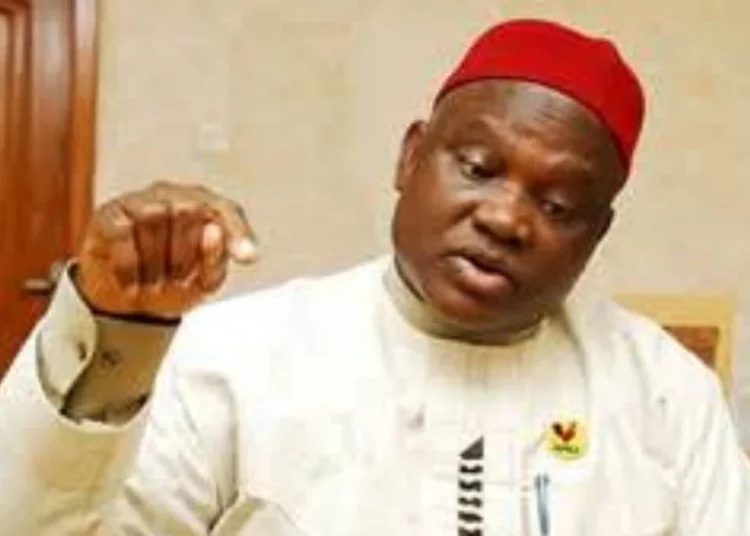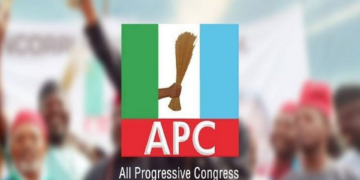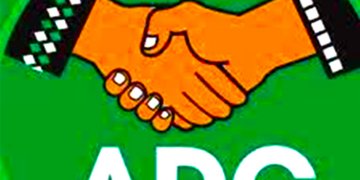In a significant move aimed at redefining the political trajectory of Ndigbo in Nigeria, prominent Igbo leaders and stakeholders gathered in Abuja yesterday for the inaugural meeting of the Igbo Agenda Dialogue (IAD), convened by veteran political leader Chief Chekwas Okorie.
Held at the Chelsea Hotel, the meeting brought together a broad spectrum of participants. It culminated in a strongly worded communiqué outlining a strategic vision for Igbo political unity, mobilisation, and renewed engagement with Nigeria’s political system.
Participants clarified that the IAD is not a parallel or rival organisation to Ohanaeze Ndigbo Worldwide, the apex socio-cultural body of the Igbo nation. Instead, the Dialogue is envisioned as a complementary platform focused on developing a clear, binding political agenda for Ndigbo.
Chief Okorie’s welcome address was unanimously adopted by attendees, setting the tone for what was described as a “new chapter in Igbo political reawakening.”
A central resolution of the meeting was the decision to convene a major Igbo Political Summit in Enugu at a future date. The summit is expected to draw participants from across political parties, trade unions, market and professional associations, youth and women organisations, as well as the Igbo diaspora and Igbo-speaking communities across Delta, Edo, Rivers, Bayelsa, Cross River, Akwa Ibom, Benue, and Kogi states.
The summit will serve as the platform for adopting an Igbo Charter. This comprehensive document will articulate the Igbo nation’s rights, interests, and responsibilities within the Nigerian federation.
The Dialogue addressed the lack of a unified Igbo political front since the end of the Nigerian Civil War in 1970, calling for a decisive end to marginalisation and the casual treatment of Igbo votes in national elections.
A key resolution was that any candidate or political party seeking Igbo support must enter a binding Memorandum of Understanding (MoU) with Ndigbo, which will be publicly accessible and enforceable.
Concerned about declining voter turnout, the meeting resolved to embark on mass political education and mobilisation, underscoring that the Permanent Voter’s Card (PVC) remains the most potent tool of political empowerment—far superior to violence or agitation.
Participants endorsed the formation of a coordinated Igbo National Grid—a network connecting credible Igbo associations, diaspora groups, unions, and professionals. This structure aims to unify political mobilisation with economic empowerment and cultural revival.
They also discussed practical strategies to ensure full Igbo participation in elections wherever they reside in Nigeria.
The meeting revisited the counsel of the late nationalist Dr. Nnamdi Azikiwe, stressing the importance of restoring Igbo self-esteem after decades of post-war alienation.
The Dialogue declared that the time has come for Ndigbo to reclaim their rightful place in Nigeria through unity, resilience, and strategic political engagement.
With a clear mandate for action, participants committed to mobilising Igbo leaders across political, religious, and ideological lines to pursue a shared agenda. They pledged to work towards the upcoming summit’s success and ratify the proposed Igbo Charter.
In his closing remarks, Chief Okorie was praised for his leadership and vision in initiating the Dialogue. The meeting concluded with a firm resolve to begin a movement of deliberate and consistent mobilisation aimed at transforming the political fortunes of the Igbo people.
The convener, Chief Chekwas Okorie, and the executive secretary, Jonathan Elendu, signed the communique.










